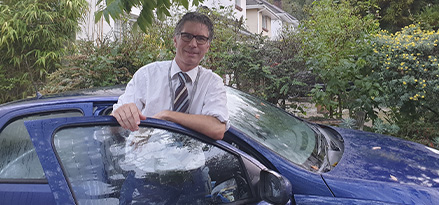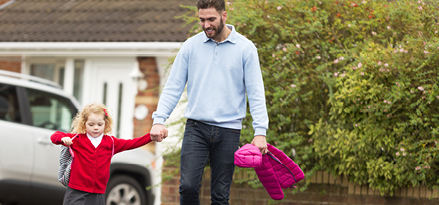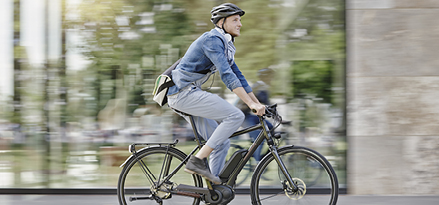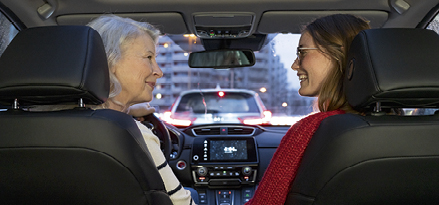In a survey we carried out, we found that 1 in 2 drivers have taken steps to use their cars less to help them save on fuel. Another survey revealed that at least 1 in 3 drivers are switching, or planning to switch a car journey for walking, cycling or public transport.1
Using your car less is not going to be possible for everyone, particularly where no real alternative exists. But for many, there are journeys we’re making by car that we probably don’t need to.
After all, the impact of the pandemic has already changed our driving habits, and according to the National Travel Survey, around 50% of car journeys made are under 5 miles, with 25% under 2 miles.2
The first step to driving less is identifying what you can do differently (and it may not be obvious). If it’s a change you can repeat, then that’s even better because the difference it could make on total fuel consumption and emissions from driving can really add up.
The hardest bit is actually making the change. Here are some ways to help you get started!
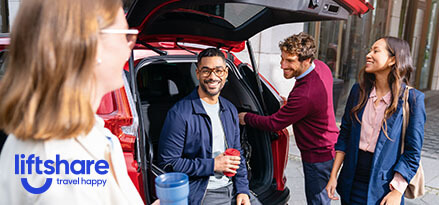
Share a journey
We’ve teamed up with Liftshare – the UK’s biggest car sharing community – to get even more people and businesses to try lift-sharing.
Sharing a journey with just one person halves the amount of fuel used – saving the drivers and passengers money (Liftshare members save over £1,000 a year3 on average). Fewer cars on the road also means fewer emissions, less traffic and more parking spaces available – so it’s good news for everyone!
Over 700,000 people are already using Liftshare. To help get even more drivers to share journeys during the summer, we offered up to 3,000 Nectar points at Esso to everyone who completed 10 Liftshare trips. But the rewards won't stop there as we're busy preparing other offers for people who use Liftshare, so make sure to sign up and be the first to know.

Why not do the shorter journeys by bike?
You never know, swapping a short drive for a ride could see you stopping off for an unexpected ice coffee, taking the scenic route home or even pulling in for some time out in a local park.
Commute like a pro with Matt Jones
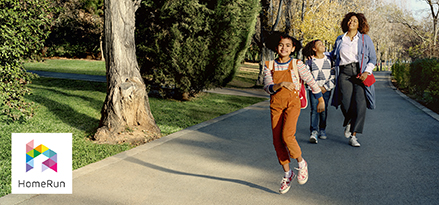
Tackling the school run with HomeRun
A quarter of cars on the road during the morning ‘rush hour’ are doing the school run4. We’ve teamed up with the innovative school transport app HomeRun to help reduce the number of school runs made by car.
HomeRun provides schools with the tools to offer parents more sustainable travel options – whether it’s organising shared minibuses, setting up carpooling or supporting walking, cycling and independent travel.
It also provides a community platform that schools can use to keep parents up to date with the latest information.
The schools already using HomeRun have reduced the number of car journeys made by 25%, and reduced their school commute CO2 footprint by 28%4.
To begin with, we’ve committed to funding 15 test schools on the platform for 3 years, and providing incentives to encourage participation. The aim is to save 300,000 ‘school run’ miles and 100 tons of vehicle CO2 emissions a year at these schools.4,5
Explore sustainable school transport options todayHere’s a thought:
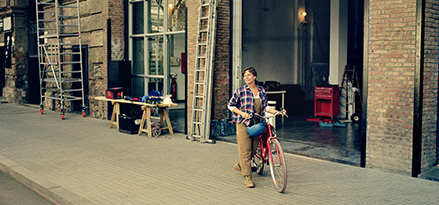
Sign up to receive updates on our latest Thoughtful Driving initiatives and offers*
Sign up for our emails to receive inspiring news, offers and fuel-saving ideas.
Join nowMore about Thoughtful Driving
- Ipsos Cost of Fuel Report, June 2022
- National Travel Survey - GOV.UK (www.gov.uk)
- Source: Liftshare
- Source: HomeRun – see: https://www.homerun-app.com Based on an analysis & calculations performed by HomeRun, the emissions reduction calculation uses manufacturer exhaust emissions data. Actual exhaust emissions may vary from manufacturer information due to factors like driving style, vehicle maintenance, weight and previous fuels used.
- HomeRun estimate of potential benefits for 15 schools. Final results may vary and will depend upon factors such as the calculated commute footprint of participating schools, school participation rates etc.
- See full T&Cs here




